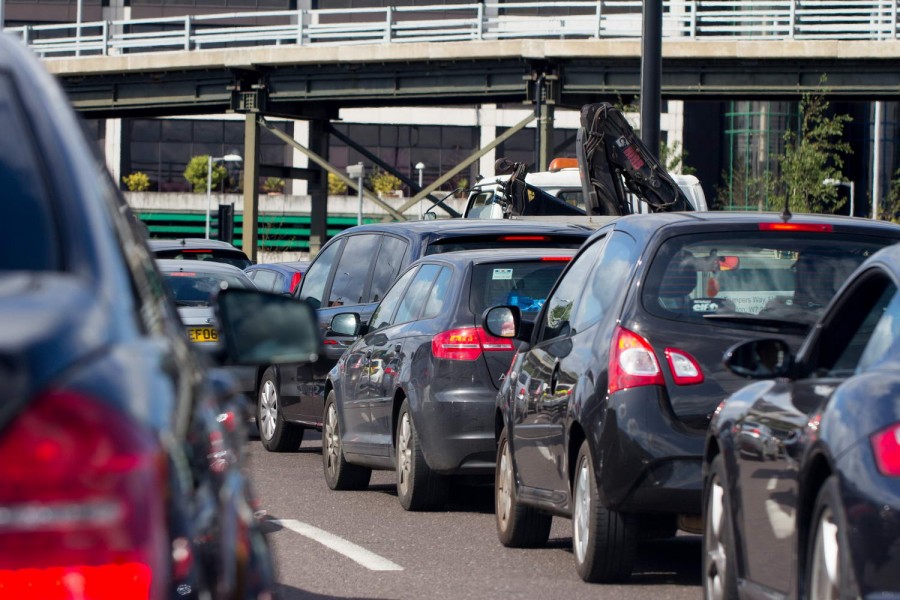What's the news?
Doubtless with eyes from the Irish authorities looking on closely, next month will see the first of the UK's new penalties for diesel-engined cars applied. Under the new legislation, all diesel cars that have not been tested to the new Real-World Driving Emissions 2 (RDE2) test will have to move up a motor tax band. It's part of a harsh swing against diesel power from many authorities, in the wake of the scandal over diesel emissions test cheating. Many countries, Ireland included, have proposed the banning of sale of any diesel, or petrol, car that does not include some form of hybridisation from as soon as 2030. Many cities are planning to ban the use of diesel cars in their centres, with some quite recent models falling foul of such plans.
Within the past week, German authorities have given the legal go-ahead for such cities as Stuttgart and Dusseldorf to start implementing diesel bans, while Toyota announced on the eve of the Geneva Motor Show that, starting this year, it's phasing out diesel power in its passenger car ranges.
New research, though, shows that diesel demonisation might be a step too far, and that many current and even older models are actually achieving very clean emissions levels, even if the reverse - that many are staggeringly 'dirty' - is also true.
EQUA is a specialist group, run by the non-governmental Emissions Analytics organisation, which has been for the past two years measuring both the laboratory and real-world emissions of diesel and petrol cars, and its findings may surprise many.
Nick Molden, CEO and founder of Emissions Analytics, said: "The most efficient diesel engines continue to improve while some of the worst remain on the market, meaning the confusion for consumers increases rather than diminishes. Diesel sales are falling as a result, and this may lead to cities and governments over-compensating and restricting diesels more than is justified by our evidence.
"The danger is that motorists who bought genuinely clean diesels - together with the manufacturers who made them - suffer the consequences of the general confusion and loss of confidence. We should be alert to the consequences for carbon dioxide and particle emissions as the new car market seems to be shifting back towards petrol cars."
EQUA's results found that the best-performing diesel engines were actually under the strict 80mg/km limit for nitrogen oxides (NOx), the gas that's responsible for respiratory illness and which has been at the centre of the diesel debate for the past two years. That's less than half of the 'Conformity Limit' of 168mg/km, which the EU has put in place to give car companies and their engineers a chance to bring the technology up to speed.
There is an obverse to that; the worst-performing engines were really bad, with some spewing out 911mg/km of NOx (compared to the best-performing figures of 61mg/km). In fact, EQUA found that some older engines, conforming to Euro4 regulations, were emitting around half the NOx of the worst-performing current-spec engines.
Anything else?
From those figures, one thing is abundantly clear - using the phrase 'dirty diesels' to describe all diesel engines is reductive and incorrect. There are, according to these figures, engines that are capable of not only meeting but beating current regulations. Equally, there are engines that are clearly taking the mickey when it comes to regulations, and these must certainly be dealt with. But blanket impositions of bans and fines is, it would seem, far too blunt an instrument to use.

